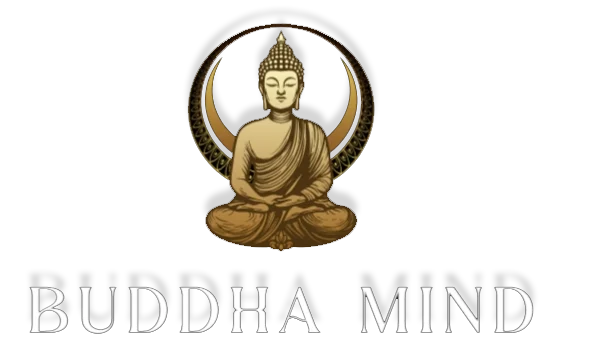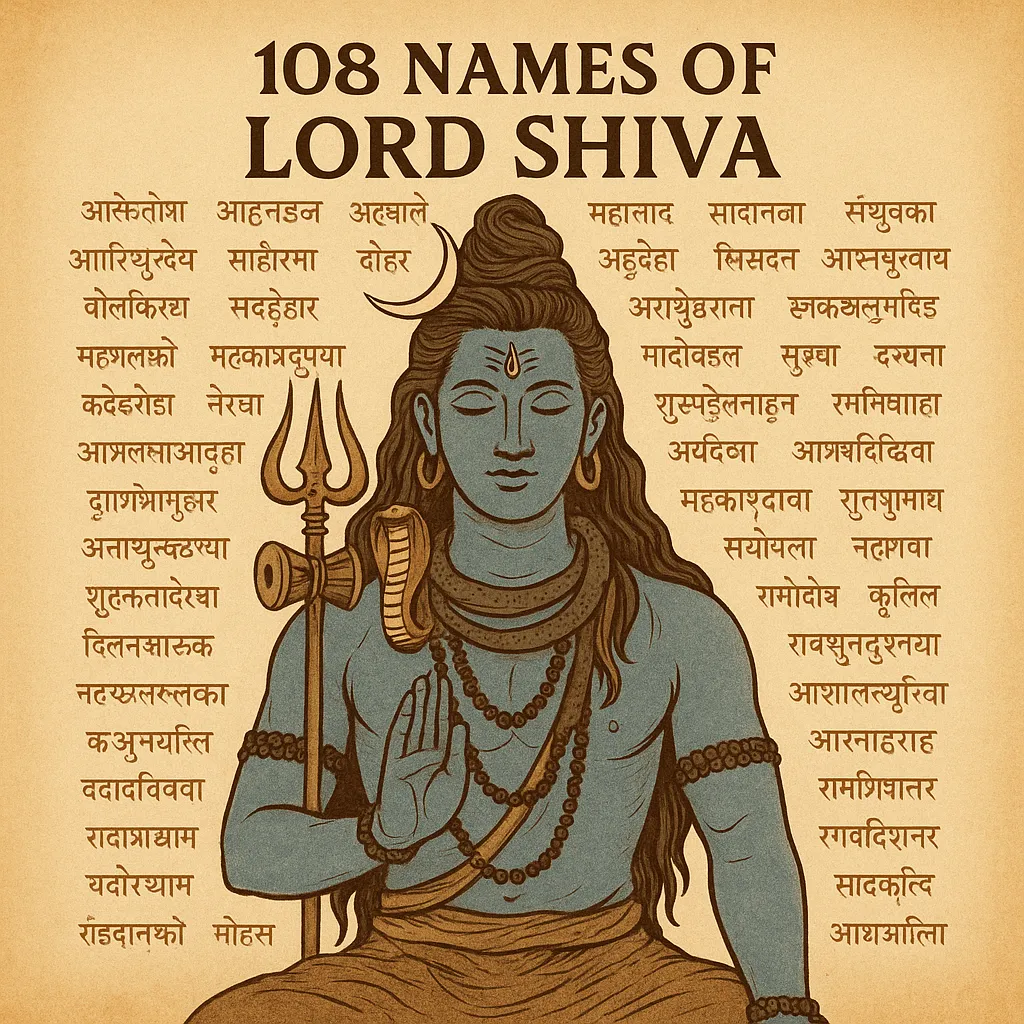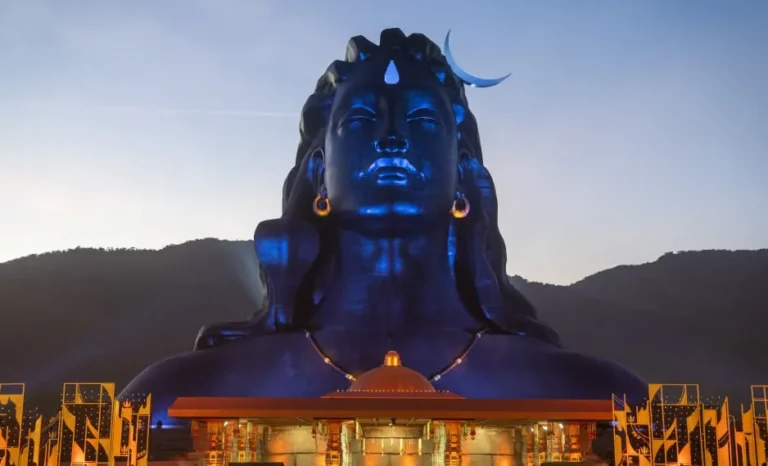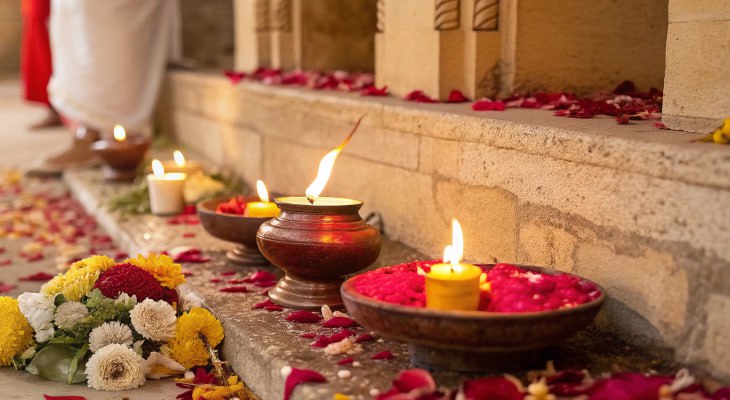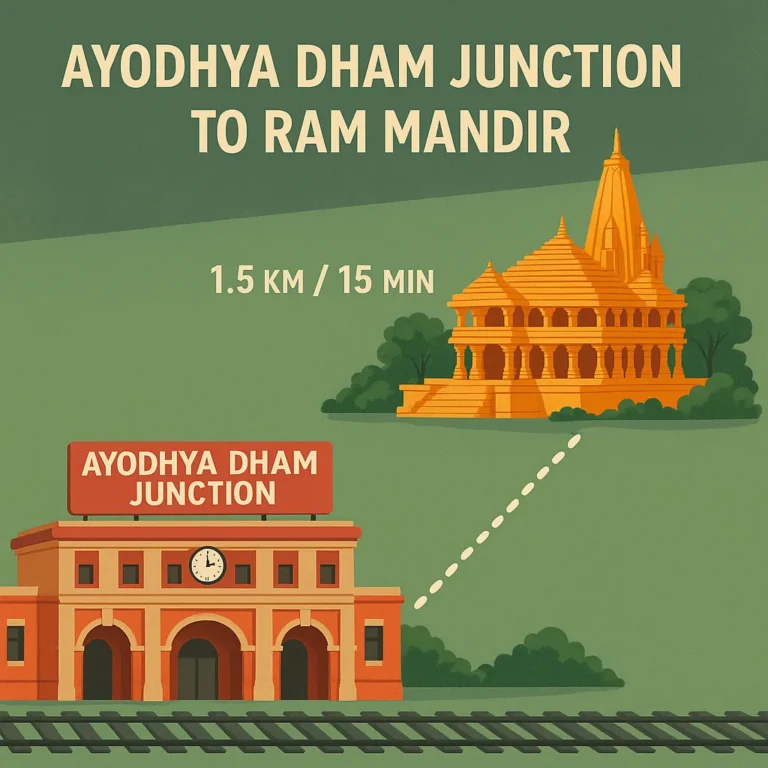108 Names of Lord Shiva: Origins, Meanings, and Legacy
The figure of Lord Shiva has fascinated seekers, saints, and scholars for centuries. Unlike deities who fit into narrow definitions, Shiva embodies contradictions: destroyer and creator, hermit and householder, fierce warrior and compassionate guide. To capture this vastness, tradition has preserved many different names of Lord Shiva. These names are not random; each reflects an aspect of Mahadev that devotees revere.

In Sanskrit texts, shiva names appear as mantras, poetic invocations, or even personal names used in daily life. Parents still choose shiva names for baby boy traditions to honor this connection. But beyond culture and family, these names reveal the layers of the divine — simple, fierce, playful, eternal.
Why So Many Names of Shiva?
When we speak of god Shiva names, the variety may seem overwhelming. How many names of Lord Shiva are there? Classical texts mention more than a thousand. In practice, however, 108 names of Shiva are most commonly recited.

Spiritual teachers explain that these countless names stem from seven archetypal forms:
- Ishwara — the distant and supreme godhead.
- Shambho — a personal and benevolent presence.
- Bho or Bhola — the naïve and innocent ascetic, also called Bholenath.
- Dakshinamurthy — the teacher of Vedic wisdom.
- Natesha — the fountainhead of art, especially dance.
- Kalabhairava or Mahakala — the fierce destroyer of obstacles and time.
- Somasundara — radiant beauty, charming beyond the moon.
From these seven arise the mahadev all name traditions, spreading into 1008 recognized variations, of which 108 remain most widely honored.
The Symbolism of 108
Why 108? In Indian cosmology, this number symbolizes completeness. There are 108 beads in a mala used for meditation, 108 Upanishads, and in yogic science, 108 energy points in the human body. Reciting 108 names of Shiva aligns devotion with cosmic order.
For devotees, chanting names of Shiva from A to Z is not about memorization but immersion. Each name becomes a doorway into a quality of Mahadev. For example, “Rudra” emphasizes strength, while “Shantah” reveals peace.
Selected Shiva Names with Meanings
To illustrate how these titles express different attributes, here is a short selection from the mahadev name list.

| Shiva Name | Meaning | Quality Represented |
| Aashutosh | One who fulfills wishes instantly | Compassion and responsiveness |
| Adiyogi | The first yogi | Source of yoga and wisdom |
| Bholenath | The innocent lord | Simplicity and purity |
| Nataraja | King of dance | Art, rhythm, and creation |
| Mahakala | Lord of time | Transformation and power |
| Nilakantha | Blue-throated one | Protection, sacrifice |
| Sadashiva | The eternal being | Timeless divinity |
| Vishwanath | Lord of the universe | Cosmic rulership |
This sample only scratches the surface of the all names of Lord Shiva. Each entry in the mahadev name list is both a story and a symbol.
Rare and Modern Names of Lord Shiva
While some names like Shankara or Mahadeva are household words, there are also rare names Lord Shiva is known by. “Pushpalochana,” describing him as having eyes like flowers, or “Kochadaiyaan,” meaning the one with long dreadlocks, are examples of poetic titles less used today but rich in imagery.
At the same time, modern names of Lord Shiva adapt these ancient roots into contemporary naming practices. Parents often look for boy names on Lord Shiva that are unique yet easy to pronounce. In this way, shiva different names continue to shape identity across generations.
Shiva’s Names in Daily Worship
In Hindu practice, chanting names of Lord Shiva is central to rituals and meditation. Priests in temples recite shiv ji names during abhishekam (ritual bathing of the lingam). Devotees repeat the 108 names during festivals like Maha Shivaratri. Each repetition reinforces not only devotion but also the qualities that a person seeks to cultivate — fearlessness, compassion, or wisdom.
Interestingly, other names of Lord Shiva often appear in regional hymns and folk traditions. For example, in Tamil Nadu, Shiva is invoked as Somasundara, while in the Himalayas, devotees prefer titles like Kailashnath, lord of Mount Kailash. These variations show how the same divine presence speaks differently across India’s diverse landscapes.
Names as Mantras
Every name of Shiva functions as a mantra. Saying “Mahamrityunjaya” connects the chanter with the lord who conquers death. Uttering “Pashupati” reminds worshippers of the protector of all living beings. These invocations are not mere words but tools for transformation.
Cultural Legacy of Shiva’s Names
The tradition of shiva names extends beyond religious practice. In literature, poets often use shiva different names to capture moods or metaphors. In art, sculptors and painters emphasize attributes tied to specific titles, such as Nataraja for dance or Gangadhara for holding the river Ganga.
Even in modern life, the mahadev all name tradition influences daily language. Names like Shankar, Haran, or Rudra appear across South Asia as personal names, business titles, and cultural references. Thus, god Shiva names continue to shape identity in subtle ways.
Choosing Shiva Names for Children
One of the most common uses of the mahadev name list today is in naming newborns. Families often seek shiva names for baby boy that combine spiritual depth with individuality.
- Timeless choices: Mahesh, Shankar, or Hara.
- Rare names Lord Shiva for baby boy: Kundalin, Pushkara, or Jaradhishamana.
- Modern names of Lord Shiva adapted for today: Aashutosh, Adityan, or Nilay.
This balance between tradition and modernity reflects how deeply embedded the names of Lord Shiva are in cultural life.
How Many Names of Lord Shiva Exist?
The question “how many names of Lord Shiva are there?” cannot be answered with a single number. Classical sources list 1008 names, but regional variations and folk traditions add many more. What remains consistent is the idea that each name reveals one face of the infinite.
Whether recited as all names of Lord Shiva in long litanies or chosen as boy names on Lord Shiva for a child, these titles offer a way to connect with the divine.
